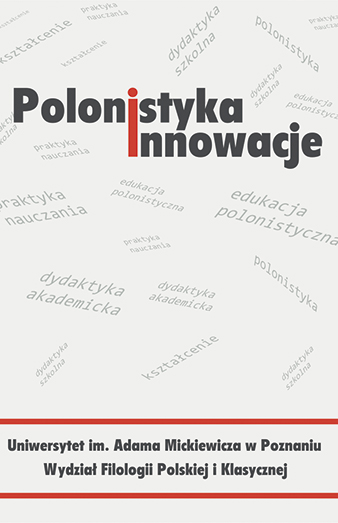„Otworzyć drzwi do świata”. Edukacyjna filozofia podstaw programowych w wybranych krajach Europy Zachodniej
‘Open the door to the world’. Educational philosophy of the curricula in selected Western European countries
Author(s): Witold BobińskiSubject(s): Philosophy, Social Sciences, Education, Social Philosophy, School education, Sociology of Education
Published by: Uniwersytet Adama Mickiewicza
Keywords: philosophy of education; curriculum; educational aims; mother tongue education; world-centered model of teaching
Summary/Abstract: The article presents several contemporary European solutions to the problem of mass, state-organized schooling and education, in terms of educational aims and general philosophy of teaching. A brief overview of the Norwegian, Finnish, Swedish, Irish and Scottish curricula shows that one can distinguish three fundamental tendencies in contemporary education, as far as highly developed, democratic countries are concerned. These tendencies are: supporting the core democratic values; crossing the borders of subject teaching in favor of holistic developing of competencies, attitudes and dispositions, and encouraging to activity and creativity in various fields of life. Gert Biesta defines this model as world-centered, we can also call it life centered – in contrast to the content-centered paradigm of polish curriculum. World-centered education creates the space of developing the key existential competencies like cognition, interpreting of different phenomena, building the self-identity and relations with others, active approach to the world. This is also the process of initiating and revealing the subjectivity of a human being.
Journal: Polonistyka. Innowacje
- Issue Year: 2022
- Issue No: 15
- Page Range: 21-34
- Page Count: 14
- Language: Polish

